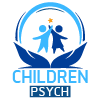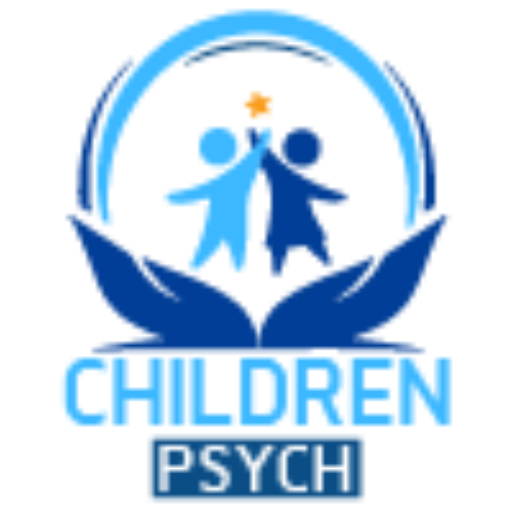Mental health problems are a growing concern for children and adolescents in the United States. According to the Centers for Disease Control and Prevention, one in five children has a mental health disorder. What are the risk factors for these disorders? And what can parents do to protect their children? In this blog post, we will discuss the risk factors for mental health problems in children, as well as some steps that parents can take to help their kids stay healthy mentally.
There are many risk factors for mental health problems in children. Some of these include:
- Family history of mental illness: If a parent or other close relative has a mental illness, the child is more likely to develop one as well.
- Exposure to trauma or stressful events: Children who have experienced traumatic events, such as abuse, neglect, or the loss of a loved one, are at greater risk for developing mental health problems.
- Poverty: Children living in poverty are more likely to experience stress and other adversities that can lead to mental health problems.
- Having a chronic medical condition: Children with chronic medical conditions such as asthma or diabetes are at increased risk for mental health problems.
- There are many things that parents can do to help prevent mental health problems in their children.
- Providing a stable and loving home environment
- Encouraging healthy coping mechanisms, such as talking about feelings or participating in relaxation exercises
- Promoting social and emotional skills through positive reinforcement and modeling
- Seeking professional help if the child is experiencing symptoms of a mental health disorder.

What are some other steps that parents can take to help prevent mental health problems in their children? What are some signs that a child may be developing a mental health disorder?
- Talk to your pediatrician or another mental health professional.
- Encourage healthy coping mechanisms, such as talking about feelings or participating in relaxation exercises.
- Promote social and emotional skills through positive reinforcement and modeling.
- Some signs that a child may be developing a mental health disorder include:
- Changes in eating or sleeping habits.
- Withdrawing from friends or activities that they used to enjoy.
- Excessive worrying or fearfulness.
- Acting out in aggressive or disruptive ways.
- Persistent sadness or irritability.
What Are Ways to Avoid These Risk Factors?
There are many things that parents can do to reduce the risk of their children developing mental health problems.
Some of these include:
- Providing a stable and loving home environment
- Encouraging healthy coping mechanisms, such as talking about feelings or participating in relaxation exercises
- Promoting social and emotional skills through positive reinforcement and modeling
- Seeking professional help if the child is experiencing symptoms of a mental health disorder.
As you can see, there are many things that parents can do to help prevent mental health problems in their children. It is important to be aware of the risk factors for mental health problems, as well as the signs that a child may be developing a disorder. If you have any concerns about your child’s mental health, please talk to your pediatrician or another mental health professional.
By being aware of the risk factors and signs of mental health problems in children, as well as taking steps to promote a healthy home environment, parents can help prevent their children from developing these disorders.
Don’t be afraid to ask for professional help if you are concerned about your child’s mental health. Early intervention is key to helping children overcome mental health problems.
If you or someone you know is struggling with mental illness, there is help available.
Visit our website to book an appointment with one of our providers!




